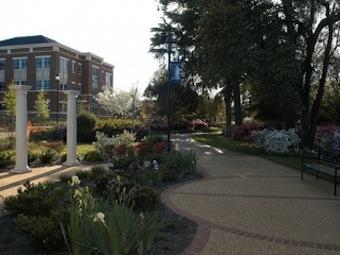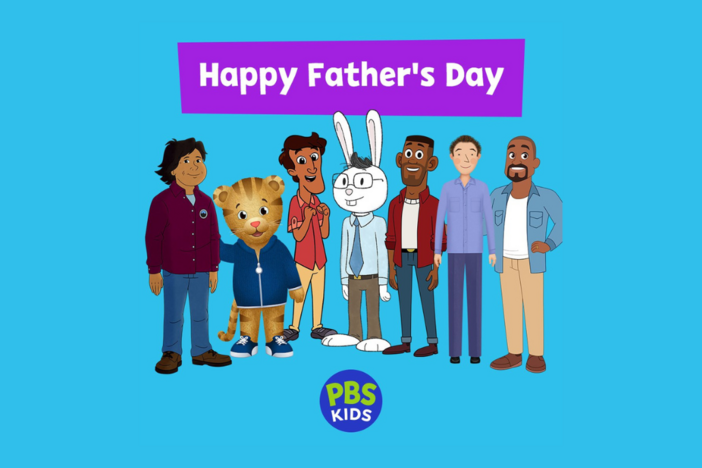
Section Branding
Header Content
Dual Enrollment for Academic and Career Success
Primary Content

A tough economy is a great time to remember and make use of systems in place to save time and money, and a college or technical education for current high school students is no exception. We all know about Georgia’s HOPE Scholarship and how it was designed to cut costs for Georgia’s most academically achieving high schoolers. What was new to me is that this scholarship can be used before students graduate from high school.
For students who are HOPE Scholarship eligible, dual enrollment is an excellent way to get a jump start on college education for free. Eligibility for the funds includes proving U.S. and Georgia citizenship and a 3.0 GPA. You can get more details on HOPE Scholarship from GACollege411.org.
So, what does dual enrollment look like? At its basic level, it is attending high school and college at the same time, simultaneously fulfilling requirements for graduation at both. Don’t get overwhelmed, yet. According to GACollege411.org, there are a few ways to do that.
1) Earn college credit while in high school (think AP classes).
2) Attend a local college while still in high school. This might mean a half day at each institution or two to three full days at each during the week.
3) Attend a high school/ college sponsored program. For example, one of our educational partners, DeVry University, offers college credits during a summer program for high school students in their Passport2College program.
Here’s a bonus, the HOPE Scholarship will cover the cost of attending the college courses while you’re in school, but won’t count as part of the total funds allotted to a student for their college career. It’s free and there is no “penalty” for using the funds early.
What are the potential issues with dual enrollment? Not the least among them is that students in less urban parts of the state lack access to a local college for participation. Also, transportation becomes an issue when students don’t have a way to easily transfer between locations during the week. Extracurricular activities may also get in the way of travel time and course work for dual enrollment. Then, there is the debate about whether or not this makes students grow up too quickly, limiting their already abbreviated childhoods.
So, maybe dual enrollment isn’t for every student. But, every student can know about it as a possibility. It is not outside of the realm of possibility for a student to graduate high school mere months before graduating from a master welder program and having a successful, profitable career, which benefits the rest of the community.
To learn more about dual enrollment, HOPE scholarship, and post-secondary options, talk to your high school counselors and visit GACollege411.org.






